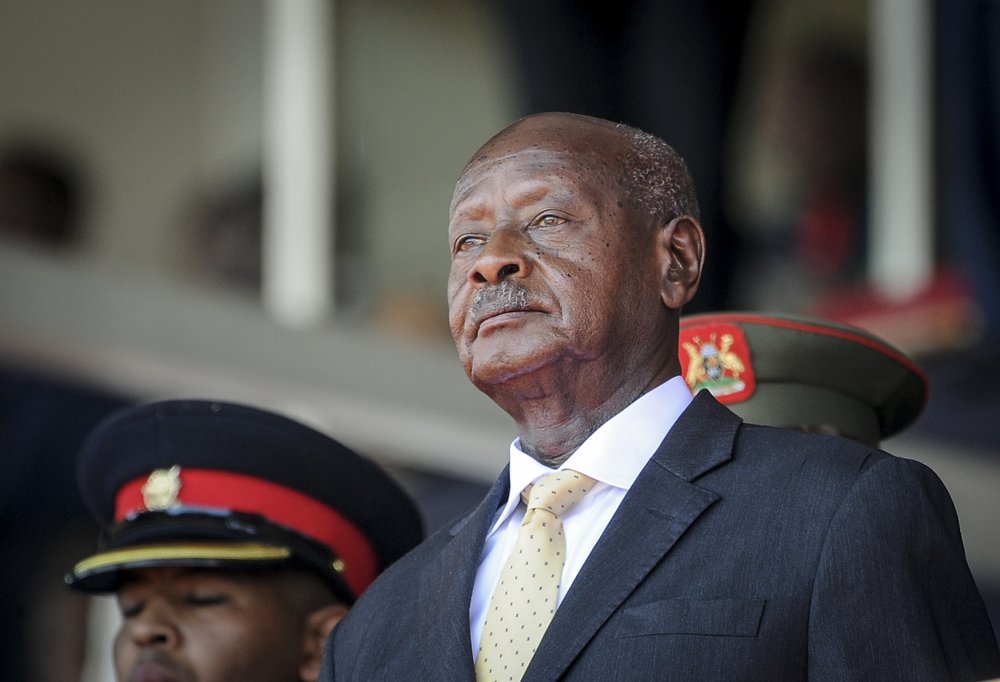Ugandan President Yoweri Museveni has criticized the World Bank, accusing the international financial institution of pressuring his country to abandon its controversial anti-homosexuality law. This accusation comes after the World Bank suspended all new loans to Uganda due to the enactment of the law on May 29.
In a tweet, President Museveni stated that Ugandans “will develop with or without loans” and expressed his regret that the World Bank and others were attempting to influence Uganda’s faith, culture, principles, and sovereignty through financial pressure. He emphasized that his country did not require external pressure to address its societal concerns.
Nonetheless, President Museveni did express a willingness to engage in discussions with the World Bank, seeking a resolution that would enable both parties to avoid straying from their positions, if possible.
Earlier on Wednesday, the Ugandan government confirmed its ongoing consultations with the World Bank regarding the anti-homosexuality law. Ugandan Information Minister Chris Baryomunsi highlighted that while the consultations continued, it was important to recognize Uganda as a sovereign nation making decisions in the interest of its people, which aligns with the underlying spirit of the law.
The anti-homosexuality law implemented in Uganda has invoked global alarm, drawing strong criticism from human rights organizations and Western countries. United Nations Secretary-General António Guterres’ spokesperson expressed concern regarding the law, while US President Joe Biden described it as a severe infringement on human rights.
The legislation imposes severe penalties on individuals engaged in homosexual relationships or promoting homosexuality. Notably, the crime of “aggravated homosexuality” carries a punishment of death, although it has not been executed in Uganda for several years.
Human rights activists have also expressed apprehension about the law’s potential impact on the access to healthcare for the LGBT+ community, fearing stigmatization and even denouncement by medical professionals.
In response to the World Bank’s decision, the Ugandan Ministry of Health, which benefits from the institution’s funding, issued a circular emphasizing the prohibition of discrimination or stigmatization based on gender, religion, ethnicity, social or economic status, or sexual orientation.
The suspension of new loans by the World Bank serves as a significant blow to Uganda’s economy, as it heavily relies on foreign aid. However, President Museveni’s remarks indicate his government’s determination to prioritize domestic values and sovereignty over external financial support.
The ongoing consultations between Uganda and the World Bank suggest a desire for dialogue and potential compromise. However, it remains to be seen whether the two parties can bridge the gap between their differing positions.
Critics argue that the anti-homosexuality law not only violates fundamental human rights but also isolates Uganda from the international community. On the other hand, proponents maintain that the law is reflective of Ugandan culture and values.
As the discussions unfold, the outcome will have profound implications for both Uganda and its relationship with international organizations like the World Bank, as well as its position on LGBT+ rights at the global stage.
Image Credit: AP News/John Muchucha, File




